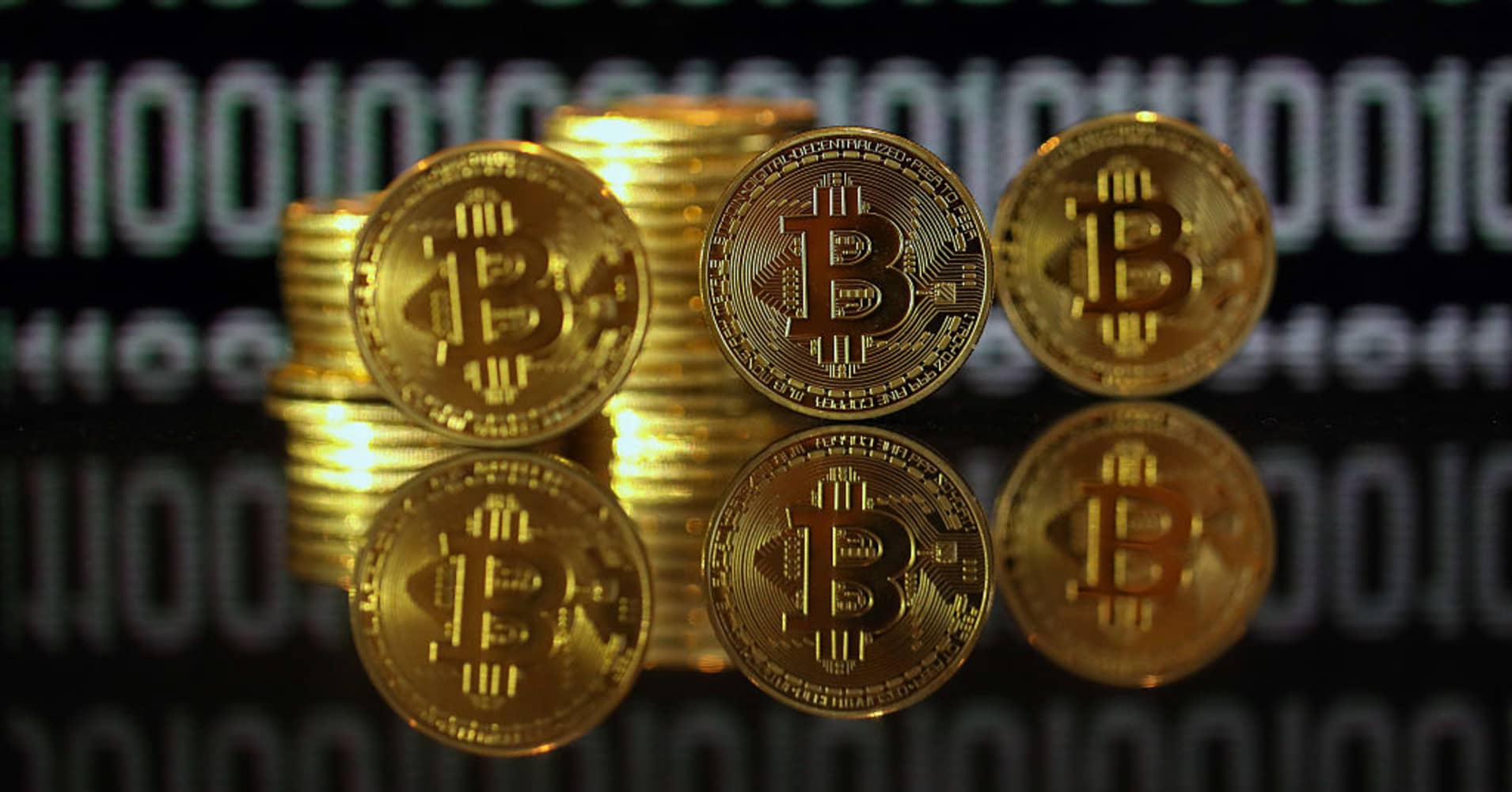

Who produced bitcoin - opinion you
Bitcoin as a new virtual currency
What is a virtual currency?
At the world stands now, virtual currency is a form of private money. It is not issued by the state but it either has an equivalent value in real money or acts as its substitute. It is possible to distinguish centralised and decentralised virtual currencies:
- Centralised currencies have a central repository and an administrator. The examples include Amazon Coins, Facebook Credits and World of Warcraft Gold;
- Decentralised virtual currencies have no central repository and no single administrator, the value is electronically transmitted among parties without an intermediary. Bitcoin is an example.
What is Bitcoin?
Bitcoin is an open-source, peer-to-peer virtual currency. Bitcoins are created in a process of searching a sequence of data (called a “block”) that produces a particular pattern when the Bitcoin “hash” algorithm is applied to the data. This process is called mining. When a match is found the miner receives an award of Bitcoins.
The size of the award reduces every time new Bitcoins are found. As more coins are found the search also becomes more and more difficult. These two factors would reduce over time the rate at which Bitcoins are produced. Bitcoin mining process was designed to mimic the extraction of gold or other precious metals and only limited number of 21 million Bitcoins could ever be mined.
Apart from mining, Bitcoins can be purchased (or sold) on the specialised exchange. The dynamic of trade linked to the major exchanges and world currencies can be seen at http://fiatleak.com/.
What is a block chain?
Before invention of Bitcoin, the online transactions always required a third-party intermediary which kept the ledger of transactions (PayPal, Visa, others). In absence of this third party virtual money could be spent twice: digital money are represented by a computer file and simple transfer does not remove it from the transferor’s computer system. The same file could be sent as a payment over and over again.
Every transaction in Bitcoins is registered in a public ledger which is called the block chain. Bitcoin system solves the double-spending problem by distributing the ledger among all its users through a peer-to-peer network. Only users who maintain the block chain are allowed to mine the Bitcoins. They also provide their computer power needed for the system’s operation. As more processing power is dedicated to mining, the difficulty of mining will increase ensuring that the coins are mined at a predictable and limited rate. When the last bit of Bitcoin is found the users who contribute their processing power will be rewarded through transaction fees.
What are the benefits?
The most obvious advantage of using Bitcoins is low transaction costs. It is significantly cheaper and quicker than any traditional payment system. Since it is not necessary to use an intermediary and transactions can be done directly, the businesses can avoid the charges of the credit card providers. The savings then can be passed to the end consumers making goods and services more affordable.
Bitcoin system represents a potential future of low-cost remittances. It would allow inexpensive and instantaneous money transfers by the foreign workers to their families back home in the developing countries. Bitcoin payments are pseudonymous and could make it possible to protect privacy of the parties and/or avoid the capital control in the oppressed countries.
Bitcoin has a potential to improve access to financial services by the poorest. Traditional systems are too expensive to serve the poor, rural areas. Ease of transfer and affordability also make Bitcoins an attractive solution for the charities. With low transaction costs it also becomes financially viable to make micropayments and microdonations.
Bitcoin system also presents a platform for innovations. At its core Bitcoin represents a digital container of data and it can be used for transferring, for example, stocks and sensitive information. It is also possible to develop alternative protocols on top of the Bitcoin’s one. The new layers would allow dispute mediations, exchange of ownership using cryptography, digital notary service and many other uses.
What are the challenges?
Bitcoins have considerable price volatility. The value of the currency is not derived from gold or government fiat but its users assign value to it. The positive “hype” surrounding Bitcoins pumps the prices up but when it reaches the critical point it plummets down.
However, volatility does not present problems when Bitcoins are used as a medium of exchange. The purchase of Bitcoins for a one-off transaction makes the exchange rate irrelevant as the transaction and further exchange may happen almost instantaneous.
The fact that transactions in Bitcoins could be done almost anonymously makes the currency attractive for money laundering and illicit trade. However, these challenges which Bitcoins present are similar to those facing traditional cash. Overregulation should not prevent legitimate transactions from receiving benefits of Bitcoin network.
What’s next?
Bitcoin network is a revolutionary breakthrough. It could ultimately fail as a completely decentralised currency and payment system. But because of the system’s potential and innovative nature the experiment should be allowed to continue. The governments’ goal should be to clarify its regulation to allow the economy to benefit from this technical achievement.

0 thoughts to “Who produced bitcoin”